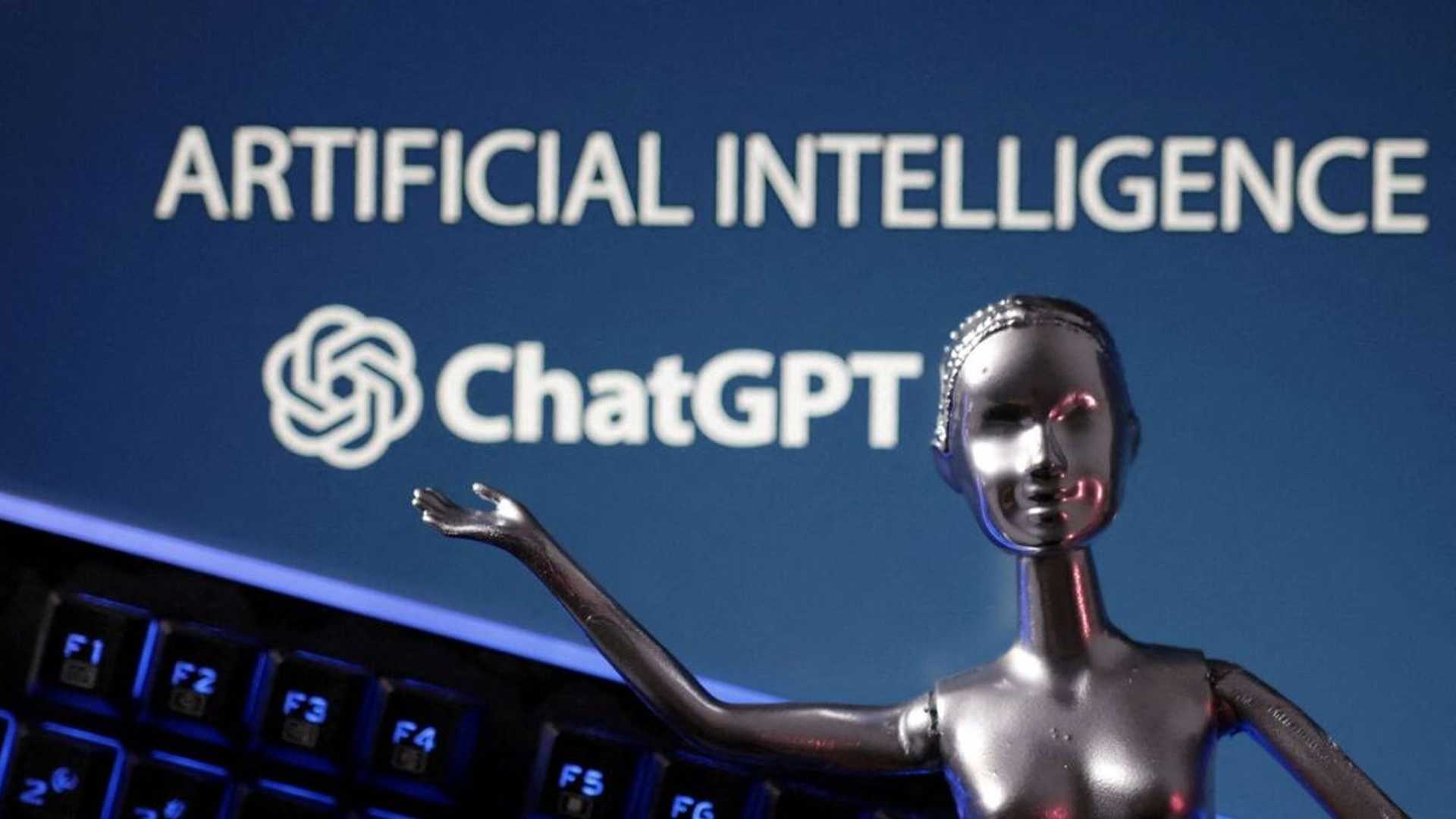First ChatGPT arrest in China over fake train crash news
Chinese police have arrested a man for allegedly generating and disseminating fake news of a train crash on multiple online platforms using artificial intelligence technology of ChatGPT. This is reportedly China’s first arrest for misuse of ChatGPT.
According to the Hong Kong-based South China Morning Post, police in Gansu province detained a suspect named Hong for “using artificial intelligence technology to concoct false and untrue information”. Cybersecurity officers in Kongtong county first detected the fake news article that claimed nine people had been killed in a local train accident on April 25. The article was simultaneously posted on more than 20 accounts on Baijiahao, a blog-style platform run by Chinese search engine giant Baidu. The stories had received more than 15,000 clicks by the time it came to authorities’ attention.
The Gansu public security department said Hong had violated the crime of “picking quarrels and provoking trouble”, which carries a maximum sentence of five years. However, in cases that are deemed especially severe, offenders can be jailed for 10 years and given additional penalties. The police traced the origins of the article to a company owned by the suspect, which operated personal media platforms registered in Shenzhen in Guangdong province in southern China.
The suspect Hong reportedly input the elements of trending social stories in China from past years into ChatGPT to quickly produce different versions of the same fake story and uploaded them to his Baijiahao accounts, bypassing the duplication check function of the platform. While ChatGPT is not directly available to Chinese IP addresses, users can still access its service if they have a reliable VPN connection.
This is the first time the public has been made aware of an arrest by Chinese authorities after Beijing’s first provisions to regulate the use of “deepfake” technology officially took effect in January, it said. The China's top internet regulator has raised concerns about the potential criminal use of ChatGPT and other deep synthesis technology. In February, Beijing police warned the public to be wary of “rumours” generated by ChatGPT.




















